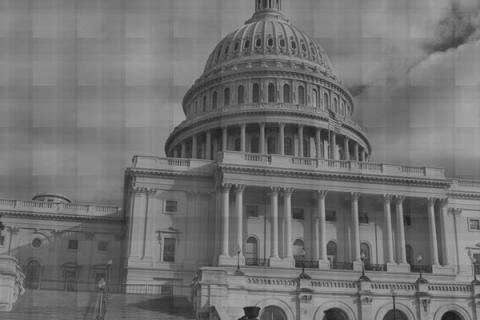
The Nov 2012 California propositions can be confusing and overwhelming. Even those that live in the world of politics can throw their hands in the air. Some are talked about more than others, and not necessarily in relation to their importance. Some are backed by well-funded interests. Others are supported by social advocacy groups with more limited funding. But many of the Propositions will bring fundamental changes to California, from the way campaigns are funded, to the manner and mode we treat our prisoners.
For a more complete breakdown of each of the 2012 California propositions, click on the title link. For each proposition, you will find an easy-to-understand summary of the proposition, the arguments made on both sides, the funding trail, and even the twitter accounts. There is also a link on each page to articles written for IVN; some neutral, some in support, and some against each proposition.
California Propositions Nov 2012
California Proposition 30: Temporary Taxes to Fund Education
California's proposition 30 is backed by Governor Jerry Brown to fund education. It would implement a sales tax increase of 0.25% for four years and personal income taxes would increase for high income earners for the next seven years to pay for it. If Proposition 30 does not pass, there will be $6 billion in education cuts for the year 2013. Proposition 38 is a competing measure, supported by Molly Munger with an alternative plan to fund the $6 billion dollars, which includes a sales-tax increase (see below). Whichever proposition (if any) gets the most votes would become law.
California Proposition 31: State and Local Government Budget
Proposition 31 is perhaps the most complex measure on the ballot. It would create a two-year budget term, give the governor executive authority to cut the budget during times of "fiscal crises", and, it would prohibit the legislature from increasing spending by more than $25 million without complimentary cuts in the budget. It also includes provisions to give local governments authority to use their own procedures to administer state programs.
California Proposition 32: Political Contributions by Payroll Deduction
Proposition 32 bans corporate and union contributions to state and local candidates. It also prohibits contributions by government contractors to politicians who award them contracts. It does not ban these contributions if they are made to political parties instead of directly to the candidates.
California Proposition 33: Auto Insurance Companies
Proposition 33 would permit auto insurance companies to use a driver's history with other insurance companies to set individual customers' rates.
California Proposition 34: Death Penalty Repeal
Proposition 34 would end the death penalty in California and replaces the sentences of inmates on death row to life in prison without the possibility of parole. The proposition would require prisoners found guilty of murder to work in prison to pay off their restitution. Proposition 34 would apply retroactively, meaning those currently on death row would be given life sentences instead.
California Proposition 35: Human Trafficking Penalties
Proposition 35, another corrections measure, would increase sentencing terms for those that commit labor and sex trafficking offenses. Convicted offenders would be required to register as sex offenders and would have their online activities monitored.
California Proposition 36: Three Strikes Reform
Yet another prison reform, Proposition 36 would change our current Three Strikes law so that it only applies to to “serious or violent” convictions. The proposition would provide for the re-sentencing for those already serving life under the current Three Strikes law if the third strike was not serious or violent. Convictions for rape, murder, and child molestation are all considered serious or violent crimes.
California Proposition 37: Genetically Engineered Foods. Labeling
Proposition 37 would require genetically modified food producers to label their products if made with plants or animals with modified genetic material commonly known as Genetically Modified Organisms (GMO). It would also prevent GMO food products from using “natural” in the labeling of their products.
California Proposition 38: Tax to Fund Education and Early Childhood Programs
Proposition 38 is a competing measure with Jerry Brown's Proposition 30. The measure is being financed primarily by Molly Munger. Proposition 38 would create a 12 year sliding-scale income tax increase, creating $10 billion dollars in additional state revenues. These funds are to be used to pay for education and pay off state debts.
California Proposition 39: Tax Treatment for Multistate Businesses
Proposition 39 would repeal the tax exemption for California companies for out-of-state property and payroll. It would also tighten the way California business taxes are calculated. It is estimated that the State would receive $550 million in additional revenue each year and that these funds would go towards clean energy jobs.
California Proposition 40: Redistricting State Senate Districts
The purpose of Proposition 40 was to overturn the State's 2010 non-partisan redistricting plan. However, the Supreme Court already ruled on the matter and upheld the lines. Therefore, even if Proposition 40 passes, the lines will remain the same. In other words, Proposition 40 is no longer at issue.
